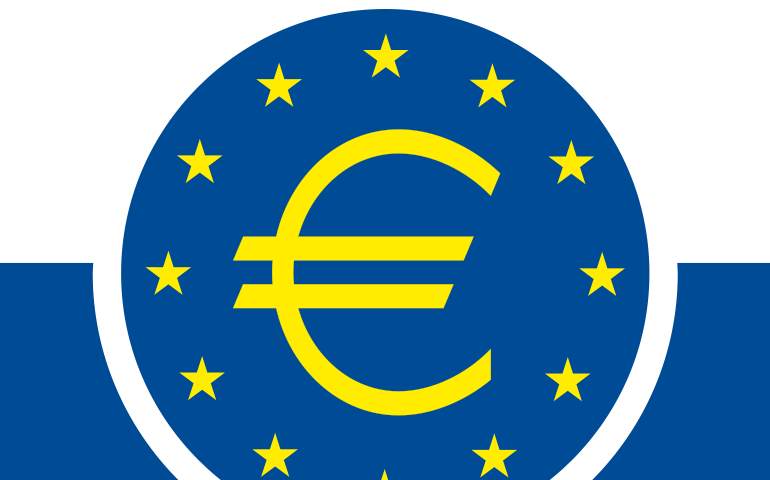How many traders are there in the Forex market?
 Johannes Röll
06 / December / 23
Visitors: 1234
Johannes Röll
06 / December / 23
Visitors: 1234
It is much easier to become a trader today than it was 30 years ago. The needs of every trader are internet access, free software and a brokerage account and he can start trading. Retail traders make up the majority.
How many traders are there in the world?
According to an article in the journal Studies and Research, there will be about 15,5 million traders in the world by 2023. This means that about 0.2% of Internet users are online traders, usually men between the ages of 25 and 50.
Activity in the foreign exchange market has increased dramatically since 1970. According to the Bank for International Settlements, the average transaction volume per day increased from about 1,2 trillion in 1995 to 5,1 trillion in 21 years. This makes it the largest financial market. Banks and large financial institutions make up the bulk of the trading volume, but more and more clients are using the latest technology to trade on the Forex market. The online trading platform developed by Forex brokers is simple, convenient, and available worldwide.
How many traders do you have in Europe in each country?
Forex trading is a global business, and brokers are approved by regulatory authorities in many countries. In other cases, they take steps to promote their services outside their home country. According to the survey, 3 out of 1 Forex traders are based in the Middle East and Asia. That's 100 million more than traders in Europe and North America. While London, the UK, and New York in the US are the main centers of currency trading, Forex traders can be found all over the world.
Today, anyone can become a Forex trader with an internet connection. Most trading platforms are designed to be accessible from mobile phones, so you don't need a personal computer. One study found that 4 out of 1 adult internet users in the United States try to trade online.
Asia has the largest number of internet users, but with less than 3,2 million online traders, the user ratio is 1:594. In Africa, there are only 388 million people and 1,3 million online traders with Internet access, with a high seller-to-user ratio of 1:298. The Middle East has the highest merchant-to-user ratio at 1: 152, with 147 million people having access to the Internet. Online traders, predominantly Muslims in North Africa and the Middle East, face challenges as profits from Riba trading are prohibited by Islamic law. Forex accounts that start trading after hours are subject to fees that may be charged or debited.
Since such rates are considered usury, restrictions are placed on foreign exchange transactions to ensure that currency exchanges comply with Shariah law. Many brokers offer trading accounts that comply with these restrictions and Islamic rules. The transaction currency on such an account changes instantly and no interest is paid. A high percentage of Muslim traders in the region trade currencies while following their religion.
According to statistics, there are about 460 million people in the UK who have access to the Internet. The number of online traders exceeds 280 000, and the ratio of traders to users is 1:164. The UK has the largest number of online traders in Europe. European regulatory changes regarding leveraged products such as Cfd, Forex, have reduced the number of Forex traders to some extent. France and the Netherlands do not allow the use of leveraged products, Cypriot regulators limit the use of leverage to certain clients, and Belgium introduces a complete ban on the use of leverage in the foreign exchange market.
The UK's Financial Conduct Authority (FCA) is considering leverage controls, but no changes are expected. British traders can trade on margin with only a small deposit. Considering that more than 50% of online traders in the UK are paid less than £35 000, such margin trading is not a problem. Despite the changes made by the German regulator BaFin to protect users from negative balances, the trading volume of German Forex traders is small and slightly exceeds half of the trading volume in the UK market. Despite the fact that the Internet attracts traders from different countries and religions to trade on the Forex market, the UK has some of the best trading volumes on the Forex market.
Conclusion
The number of Forex traders is expected to continue to grow in the coming years. As the Internet becomes more accessible in developing countries, the number of traders in these countries will increase. In addition, advances in technology will make trading platforms even easier to use, making Forex trading more accessible and profitable for everyone.

Johannes Röll
Johannes Röll was born 1978 in Brilon,Germany. Graduated RWTH Aachen University. Over the past ten years he worked as Head of the plastic card team, where he was mainly responsible for the development of the distribution, Head of sales Department and Financial Analyst,where he got experience in planning and support sales figures for branches. For the present he works as freelancer






